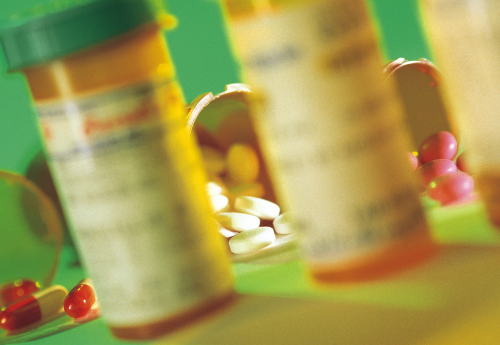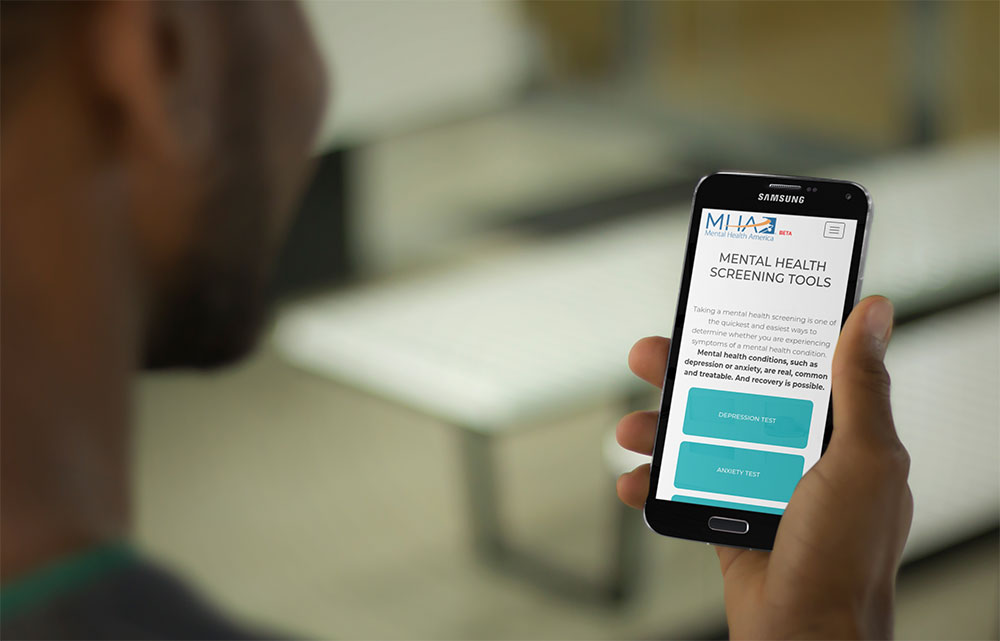There are many reasons why people decide to drink and use drugs. But the increasing use of drugs and drinking can come with serious risk and devastating consequences.
Substance use disorder affects an estimated 25 million Americans. In terms of people who are affected indirectly such as families of people with a substance use disorder and those injured or killed by intoxicated drivers, an additional 40 million people are affected. The monetary cost to society and the economy because of reduced productivity, property damage, accidents, and health care are astounding. Alcohol use disorder (heavy drinking) afflicts 16 million adults and almost 300,000 children annually. An estimated 21.6 million Americans (age 12 and older) misuse other drugs such as sedative-hypnotics or barbiturates, opiates, sedatives, hallucinogens and psychostimulants.
For many individuals, consuming low or infrequent doses of substances is not uncommon. Sometimes individuals use substances experimentally or casually. If this is the case, serious negative effects should not occur.
If using substances starts to have a negative effect on life, it's a sign of possible substance use disorder. There are many symptoms and warning signs of substance abuse and dependence including:
- Continuously using drugs or alcohol even while experiencing negative side effects
- Finding out that you are using more and more drugs or alcohol to get the same "good feeling"
- Trying to stop by finding it very difficult
- Emotionally feeling like you need to use drugs or drink to feel normal
- Physically feeling like you need to use drugs or drink to feel normal
- Finding that you're spending more and more time trying to find ways to get drugs or alcohol
- Feeling sick (withdrawal symptoms) including - trembling, hallucinations, sweating and high blood pressure when you stop using drugs or drinking
- When doing drugs or drinking interferes with work, school, and relationships
According to the American Psychiatric Association, substance use disorders are caused by 10 classes of substances which include (with common examples):
- Alcohol
- Caffeine
- Marijuana
- Hallucinogens (PCP or LSD)
- Inhalants (glue, paint thinner)
- Opioids (prescribed painkillers, heroin)
- Sedatives, hypnotics (sleeping pills), anxiolytics (Xanax or Valium)
- Stimulants (meth, amphetamines, cocaine)
- Tobacco
- Other - unknown or emerging drugs like K2 or bath salts.
The specific causes of substance use disorder are unclear, though they seem to be a combination of hereditary, environmental and social factors.
People with depression or other mental health conditions are particularly vulnerable to alcohol and drug use. Some may choose to drink alcohol or take drugs to alleviate stress or emotional pain, but doing so often can develop or worsen mental health conditions.
People who use alcohol or other drugs should get checked for depression, anxiety disorders and other mental health conditions. It's also helpful to screen for the severity of substance use disorder. Getting help through education, support groups, or counseling can help get people back on the right track.
A quick, easy and confidential way to determine if you may be experiencing a mental health condition is to take a screening. A screening is not a diagnosis, but a way of understanding if your symptoms are having enough of an impact that you should seek help from a doctor or other professional. Visit www.mhascreening.org to take a test.
Treatment of substance use disorder might explore abstinence (staying off alcohol or drugs completely) but often include a variety of therapies. Therapy should explore underlying thoughts and motivations for substance use disorder and include building self-efficacy and coping with stress. Self-help groups can be effective in helping to establish a support network. In some cases medications such as disulfiram (Antabuse) or methadone may be used with some success to support recovery. Some people find that individual or group support is enough to help, while others need detox or residential treatment.
If you believe someone you know may have substance use disorder, there are ways you can help. As previously explained, there are signs and symptoms to watch out for.
Remember your friend or family member may be having a hard time right now. You need to be as supportive and understanding as you can. By letting the person know you care about his well-being, he will be more willing to get the help he needs.
There are a few tips you should remember:
- Offer support. Let the person know you are there for them no matter what. Don’t be judgmental.
- Encourage the person to open up. Let the person know you are truly interested in what is going on in their life.
- Be persistent, but don’t forget to be gentle. The person may not want to share what they are experiencing right now. Don’t feel discouraged. Keep trying because eventually the person may share what they are going through.
- Don’t lecture; just listen. The person may already be in a fragile state. Therefore, criticizing the person may discourage communication. Also, listen to everything the person has to say before you ask questions.
- Don’t be afraid to address the issue. You may feel unsure or hesitant about whether the person really has an issue. However, even if you are unsure, you should address the changes you have seen in the person.
- Be honest. Let the person know the signs you noticed, and why they worry you.
- Don’t belittle the person’s feelings. The person is sharing personal feelings with you. Take the person seriously.
- Speak to the person with dignity and respect. Remember that everyone experiences hardships. Don’t treat a person poorly because of an issue they are facing.
- Be calm. You may feel shocked, angered, sad or scared by what the person will share with you. Remember to remain calm. Staying calm will help you and the person; it will encourage the person to keep communicating with you.
- Encourage professional help. Let the person know how they can benefit from professional help. Assist in finding help for the person if they ask you to.
- Seek support. Knowing a friend is going through this can be frightening and stressful. If you are a student, consider telling a teacher or someone else you trust. And remember, even if you don’t want to share your friend’s secret, you can still talk to a mental health professional about how it is affecting you.
National Institute on Drug Abuse (NIDA)
http://www.drugabuse.gov/ and http://drugpubs.drugabuse.gov/
Phone: 301-443-1124
National Institute on Alcohol Abuse and Alcoholism (NIAAA)
www.niaaa.nih.gov
Phone: 301-443-3860.
Substance Abuse and Mental Health Services Administration
www.samhsa.gov/atod
Phone: 877-SAMHSA-7 (877-726-4727)
Alcohol Use and Abuse: What You Should Know
Drinking alcoholic beverages is often seen as a way to relax, socialize or celebrate, but drinking too much or drinking as a way of dealing with feelings of anxiety or depression has negative consequences.
Risky Business: Prescription Drug Misuse
Misuse is when a person uses a prescription drug that is not intended for them, or uses a prescription in a way that is different than how the doctor indicated.
Alcohol, Substance Abuse and Depression
To relieve the misery of depression, some people turn to drugs or alcohol.
If you’re working on reducing your substance use, but still find yourself struggling, you might be showing the early warning signs of a mental health or substance use condition.
Visit mhascreening.org to take an anonymous, free, and private mental health test. It only takes a few minutes, and after you are finished you will be given information about next steps you can take based on the results.
If you or someone you know is struggling or in crisis, help is available. Call or text 988 or chat 988lifeline.org. You can also reach Crisis Text Line by texting HELLO to 741741.






